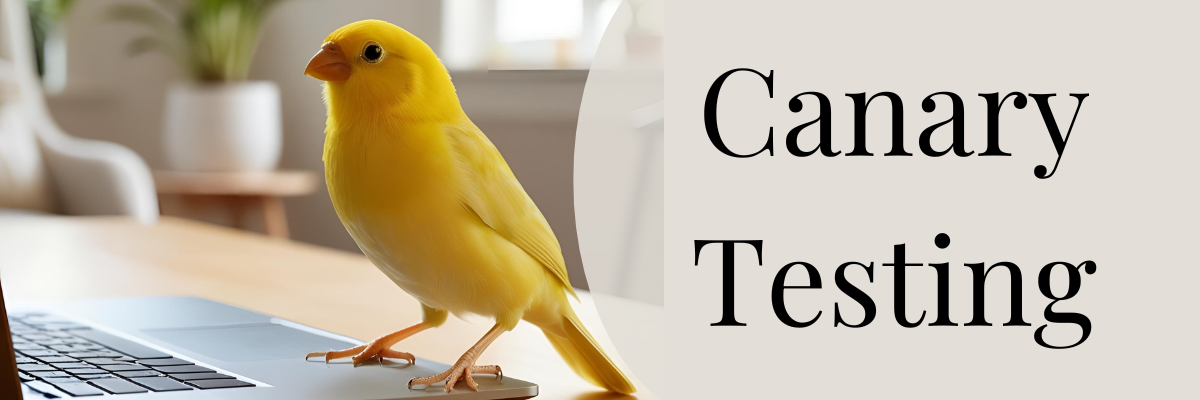Introduction
Effective resource allocation is one of the most critical aspects of project management. With the increasing complexity of projects, traditional resource management methods often fall short. Artificial Intelligence (AI) is revolutionizing resource allocation by offering predictive insights, automation, and real-time adjustments to optimize workforce distribution and project efficiency.
In this comprehensive guide, we’ll explore the top AI-powered resource allocation tools, best practices, and how AI enhances efficiency, reduces costs, and improves project success rates.
The Role of AI in Resource Allocation
AI transforms resource allocation by:
- Predicting Resource Needs: Machine learning (ML) algorithms analyze historical data to forecast resource demand. AI-driven tools such as Mosaic and Runn can assess past project performance, seasonal trends, and workload distribution to predict future staffing needs. For example, an AI tool can alert managers in advance if a project phase is likely to experience a resource shortfall, allowing them to allocate additional personnel or adjust deadlines proactively.
- Automating Task Assignments: AI identifies the best-suited team members based on skills, availability, and workload. Platforms like ClickUp AI analyze employee skill sets, past task performance, and real-time availability to match them with tasks where they will be most effective. For instance, an AI-powered system can detect that a UI/UX designer is overburdened and automatically redistributes design tasks to another available designer with relevant expertise.
- Optimizing Workflows: AI-powered platforms recommend project schedules that prevent bottlenecks and resource overuse. AI-driven software such as Teamwork can analyze task dependencies and project timelines to create optimized schedules. For example, if a development sprint is delayed due to an overbooked backend developer, AI can suggest reassigning non-critical tasks or shifting milestones to maintain project velocity.
- Enhancing Decision-Making: AI provides real-time data and actionable insights to help managers make informed decisions. Tools like Airtable AI and Float enable managers to access dynamic dashboards with workforce analytics, highlighting underutilized resources, cost overruns, and productivity trends. For instance, an AI-powered dashboard can signal when a project is approaching budget limits, prompting a reallocation of funds before cost overruns occur.
Top AI-Powered Resource Allocation Tools
Here are some of the best AI-driven tools to enhance resource management:
Mosaic
AI-driven workforce planning and predictive analytics.
- Real-time workload visibility
- Forecasts project resource needs
- Prevents resource over-allocation
Runn
AI-powered project planning and dynamic resource allocation.
- Optimizes team assignments
- Offers scenario planning
- Real-time project tracking
Float
AI-driven scheduling for small and mid-sized teams.
- Balances workloads intelligently
- Smart notifications prevent burnout
- Integrates with project management tools
Airtable AI
Custom AI-powered resource management.
- Automates task assignments
- Predicts potential project delays
- Provides AI-powered dashboards
ClickUp AI
AI-powered task and workload automation
- Smart AI-driven scheduling for real-time workload balancing.
- Automates task prioritization based on project deadlines.
- AI-powered insights help managers adjust allocations dynamically.
- Learn more
Teamwork
Comprehensive AI-driven project and resource management
- Uses AI to optimize resource scheduling and workload balancing.
- Provides real-time project insights to enhance decision-making.
- Automates task delegation based on team strengths and availability.
- Seamlessly integrates with major project management tools like Slack, Trello, and Microsoft Teams.
- Learn more
Best Practices for AI-Driven Resource Allocation
To maximize the benefits of AI in resource management, project managers should follow these best practices:
1. Leverage AI for Predictive Analytics
AI can analyze past project performance and provide data-driven forecasts on resource demand. Use AI-powered tools to predict skill shortages, upcoming bottlenecks, and workload imbalances.
2. Integrate AI into Existing Workflows
Instead of overhauling your entire system, integrate AI tools into your existing project management software (e.g., Jira, Asana, Trello). Many AI-driven platforms offer seamless integrations.
3. Automate Repetitive Resource Allocation Tasks
Use AI to automate routine resource assignments, reducing manual workload and human error. Smart automation also ensures fair workload distribution.
4. Monitor & Adjust AI Recommendations
AI-driven recommendations should be continuously monitored to ensure accuracy. Regularly review AI-generated insights and make manual adjustments when necessary.
5. Use AI to Improve Team Productivity & Well-being
AI can help prevent employee burnout by ensuring even workload distribution. Utilize AI-powered dashboards to track team members’ work hours and identify overworked employees.
6. Train Teams to Work with AI
To fully leverage AI-powered tools, ensure that your team understands how to use AI recommendations effectively. Conduct training sessions on AI-powered dashboards and automation features.
Future of AI in Resource Allocation
As AI continues to evolve, resource allocation will become even more intelligent and efficient. Future trends include:
- AI-powered workforce personalization: AI will recommend customized work schedules tailored to each employee’s productivity patterns.
- Advanced machine learning models: These will offer more accurate demand forecasting and smarter real-time resource adjustments.
- AI-enhanced collaboration tools: AI will integrate into virtual team platforms like Slack and Microsoft Teams, offering real-time insights on team performance.
- AI-driven talent matching: AI will predict skill gaps and recommend internal or external talent for optimal project success.
Conclusion
AI is revolutionizing resource allocation by automating workflows, predicting resource demands, and optimizing productivity. By leveraging AI-powered tools like Mosaic, Runn, and ClickUp AI, project managers can reduce costs, improve efficiency, and enhance decision-making.
To stay ahead, adopt AI-driven resource management strategies and invest in training teams to work with AI effectively. As AI technology advances, embracing its capabilities will ensure long-term project success and team well-being.
Read more from our blog:
Empathetic Leadership: The Hidden Superpower of Today’s Best Project Managers
Across industries and team dynamics, one leadership trait is quietly transforming teams, elevating p…
Leadership Lessons from Unexpected Places: What Project Managers Can Learn from Pilots, Chefs, and Athletes
Sure, project management loves its frameworks and certifications—but let’s be honest, no one ever go…
Oops! How to Recover From That Accidental Screen Share Slip-Up in a Work Meeting (Without Moving to a Remote Island)
We’ve all been there. One second you’re presenting quarterly numbers, and the next, your…
Writing a Project Status Report That Actually Gets Read (With Examples)
Let’s be honest: most project status reports collect dust in inboxes. They’re either too long,…
The MoSCoW Method: A Complete Guide to Prioritization in Project Management
Introduction Effective prioritization is key to delivering value on time and within budget. One of t…
Canary Testing: The Smart Way to Deploy Software with Minimal Risk
For many organizations, rolling out updates and new features comes with inherent risks. Even with ri…
The Rise of Adaptive Leadership: Thriving in Uncertain Times
Traditional leadership models often fail due to an ever-changing business landscape. The increasing …
The Rise of the Citizen Project Manager: How It Happens and How to Succeed
Introduction Project management is no longer confined to those with formal titles, certifications, a…
Marketing Project Management: What Makes It Unique?
Marketing project management is a dynamic and multifaceted discipline that blends creativity with st…








